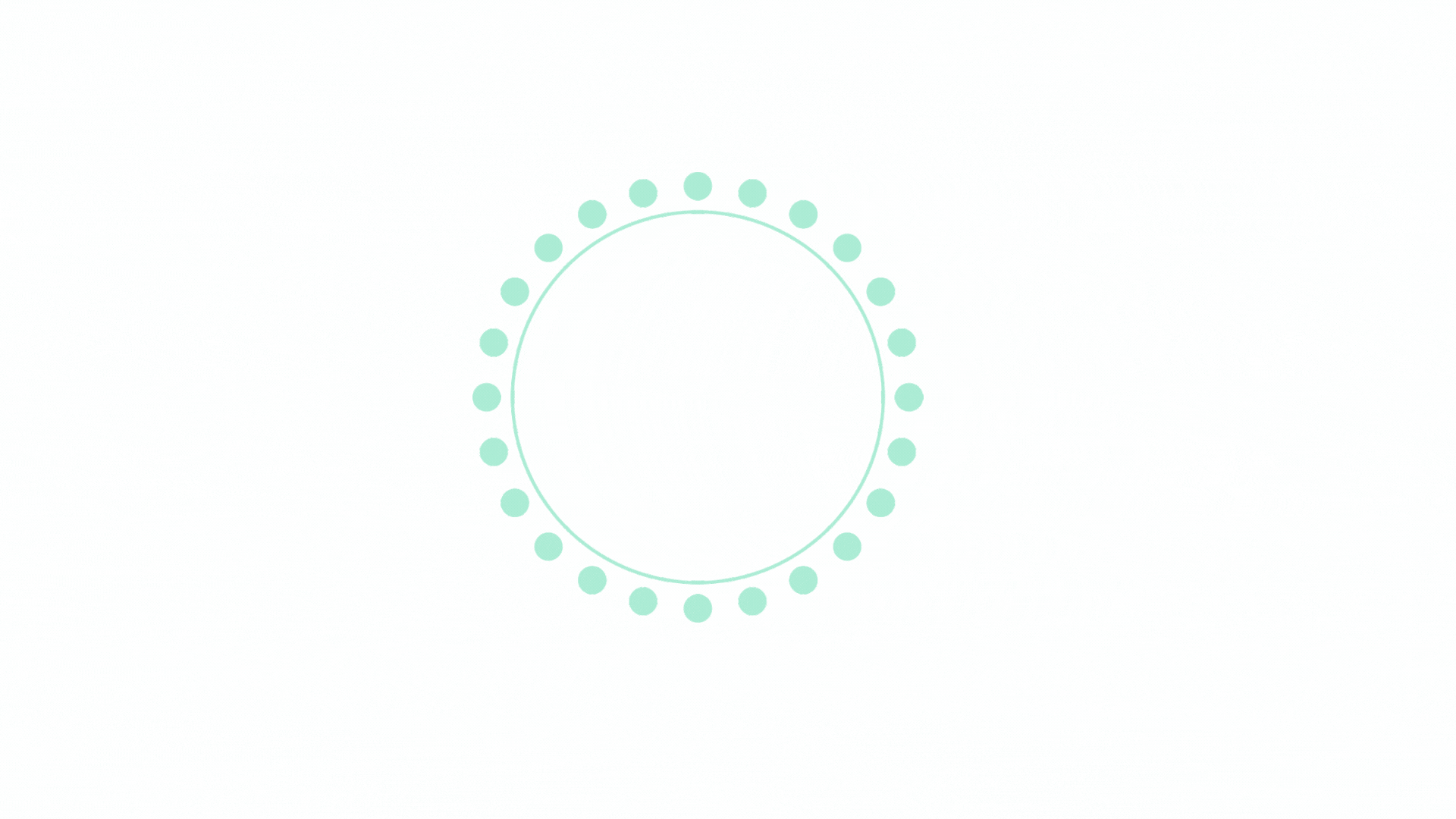Closing the loop on Menstruation
The Project
This project involves a thorough analysis of a chosen product, focusing on three key aspects:
Environmental Impact Assessment: A detailed examination of the product's environmental footprint throughout its life cycle, from raw material extraction to disposal.
Brand Evaluation: An in-depth study of the manufacturing brand, including its mission, values, sustainability practices, and ongoing initiatives to reduce environmental impact.
Primary Research and Component Dissection: Hands-on disassembly of the product to examine individual components, providing crucial insights into materials, manufacturing techniques, and potential areas for enhancement.
By employing a life cycle thinking approach, the project will identify high-impact areas and propose innovative, sustainable solutions. The findings and recommendations will be presented digitally for comprehensive review and discussion.
Research and Market Study
We We explored deeply into various facets, ranging from the materials used in tampons to their disposal. A visual product lifecycle was crafted to enhance our comprehension of the research. Furthermore, we thoroughly examined existing solutions to ascertain potential opportunities and develop innovative alternatives.
Problem Statement
Due to a lack of quality sustainable tampon options on the market, the carbon footprint generated by manufacturing tampon products, supply chain costs, and overhead costs issues tampon manufacturers are facing, we are provided the opportunity to design a completely sustainable tampon product and service to global consumers with a circular lifestyle.
Opportunity
Address the lack of awareness of the carbon footprint surrounding tampon manufacturing and usage.
- Expose the greenwashing being sold to consumers and offer a truly eco-friendly product with which they can feel safe.
- Avoid the supply chain issues surrounding other leading tampon companies by using more readily bio-available sustainable materials.
- Create a more positive narrative around menstrual products globally.
- Transition tampons to a circular economy by offering a convenient subscription service with eco-friendly, compostable materials.
EFFICIENT DISTRIBUTION:
Use reusable and/or recyclable packaging
Reduce transportation by using readily available bio-resources
LOW IMPACT USE:
Reduce water use inefficiencies
Reduce material use inefficiencies
Reduce energy inefficiencies
OPTIMIZE LIFETIME:
Reduce single-use components
eco Design strategies
OPTIMIZE END-OF-LIFE:
Integrate methods for product collection
Provide ability to biodegrade
INNOVATION:
Question the premise of the design
Rethinking how to provide the benefit
Design to mimic nature (nature wastes nothing)
LOW IMPACT MATERIALS:
Avoid materials that damage human health, ecological health, or deplete resources
Use minimal materials
Use waste byproducts)
OPTIMIZE MANUFACTURING:
Minimize manufacturing waste
Minimize number of parts / materials
SOLUTION
EcoEra
A better period, Naturally
Fully compostable subscription bundle
Transparent materials, no greenwashing
Medical grade, reusable applicator
Fully customizable for users needs Supports local economy by using readily-available bio materials & supporting green infrastructure
What’s in the tube ?
24 Banana Fiber Tampons
- Hygienically & individually wrapped using Regenerative algae bio-polymer
1 Reusable Applicator
-Hygienic medical-grade PLA bioplastic
1 BioBag
-Used to dispose used tampons during cycle
-Lines shipping tube for convenient access
-Made from regenerative mycelium
Mycelium packaging tube is toxin-free, fully compostable, and printed using algae ink
Conclusion
In addressing the substantial environmental challenge posed by tampons, we confront a complex web of issues including greenwashing, transparency gaps, regulatory shortcomings, and profit-driven practices. Coupled with cultural, religious, and social beliefs, as well as consumer misconceptions, there exists a significant lack of education surrounding menstrual products.
In this landscape, the average consumer grapples with uncertainty about what truly constitutes a 'good choice'. EcoEra boldly aspires to tackle not only the environmental concerns but also the cultural and policy complexities surrounding period care. Our mission is to empower women to reclaim control over their own health, just as it rightfully should be. Through this, we envision a brighter, more sustainable future – for women and for our planet
Concept Product Lifecycle









